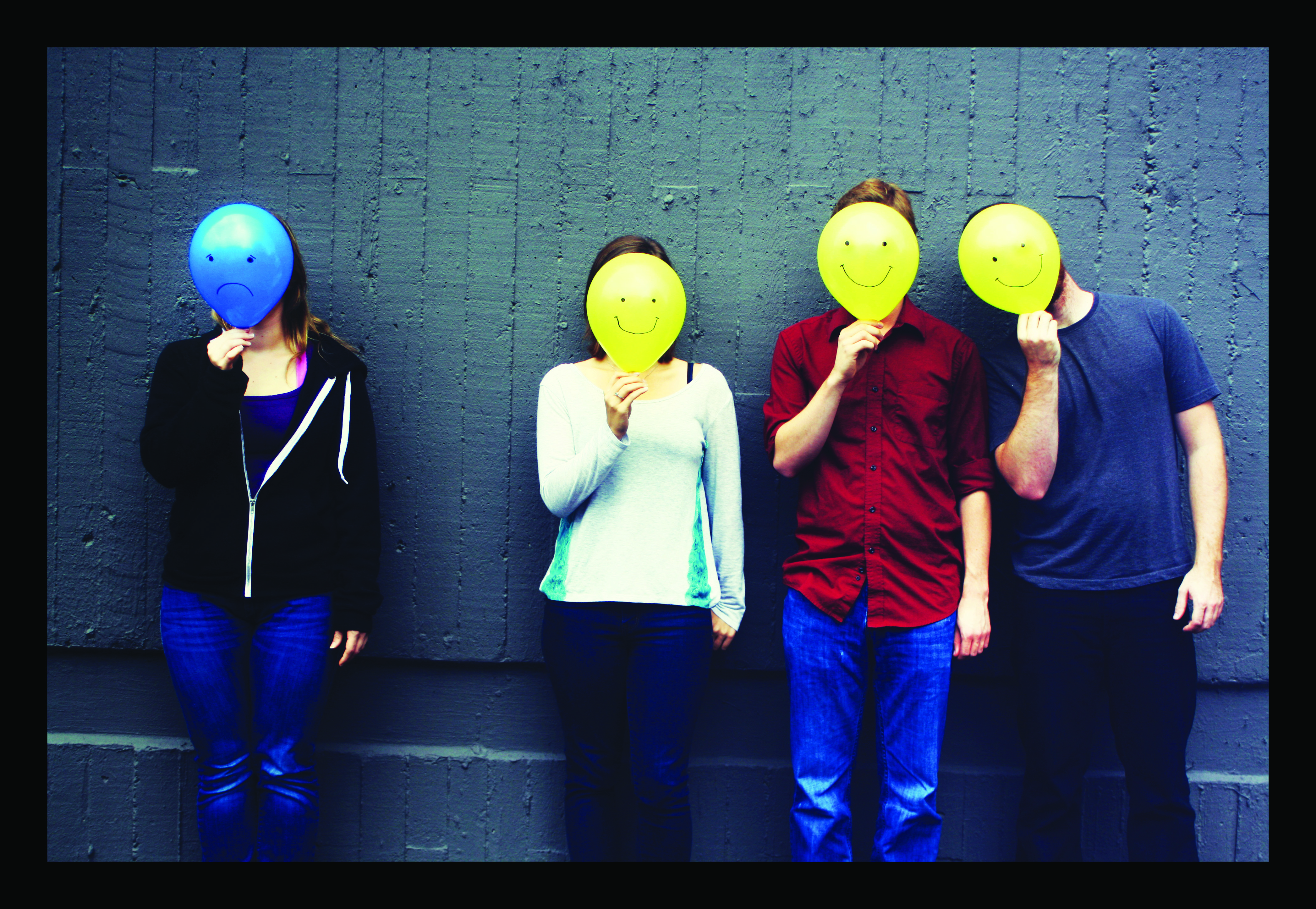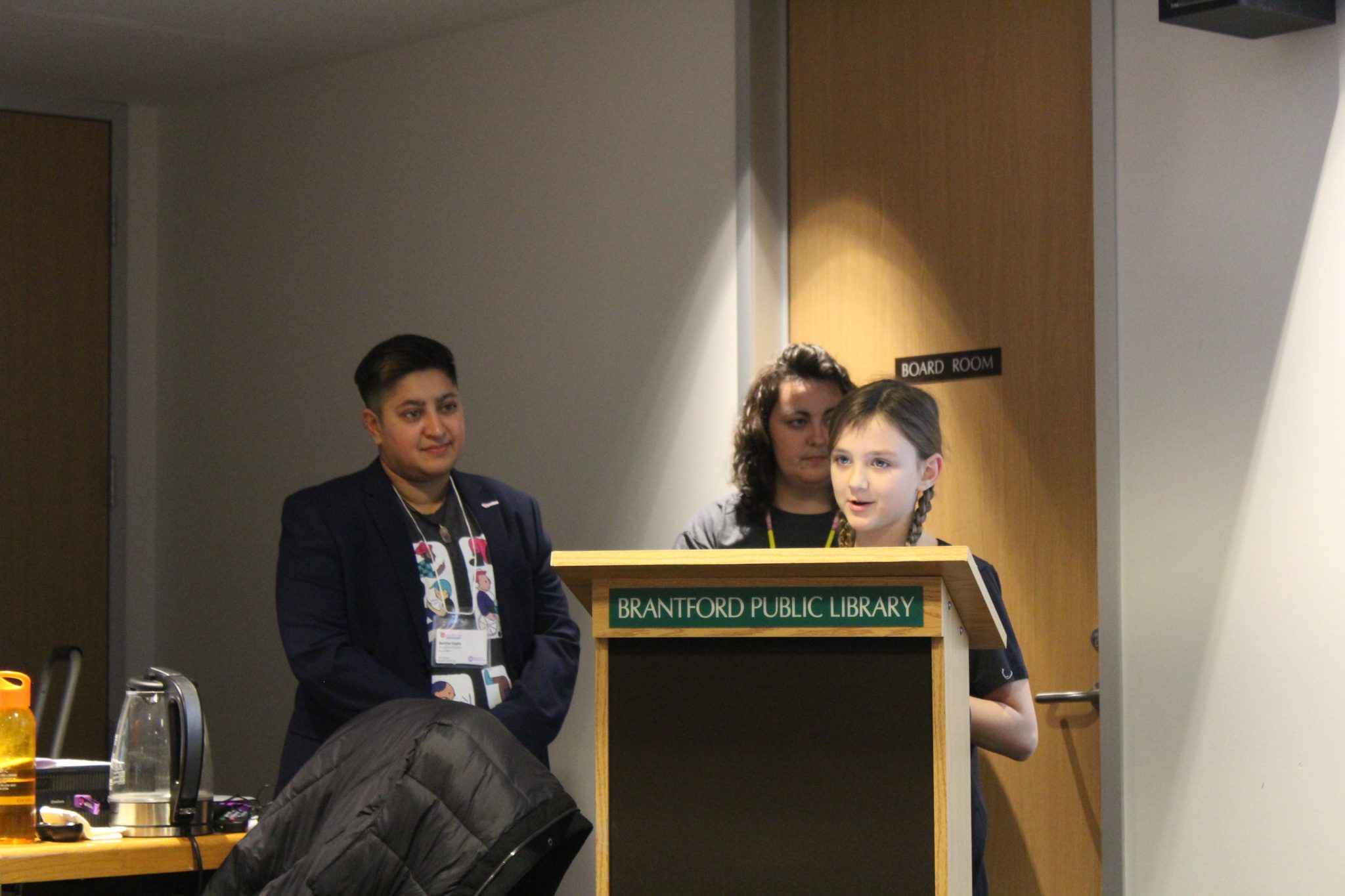By Oren Weiner and Josh Linton.
Studies can sometimes pile up to a point where students can feel overwhelmed, and the stress that is attached to it only becomes worse. With recent developments in student mental health over the past two years regarding the problem of student depression, universities across Canada have taken the initiative to curb and even correct the issues associated with mental health.
Currently without a fall reading week, select Laurier fourth-year students voiced their opinions over its absence, stating whether or not they believed a Fall-term reading week would be a valuable implementation. The general consensus was that it would be beneficial to add the extra week.
“I think it is a good idea. Having a break would be good coming out of midterms,” suggests Jackie Quinn, a fourth-year Concurrent Education student. “It gives students something to look forward to, and take some time off, go home see your family and your friends.”
Like Quinn, Taylor Rutherford, a journalism student in her fourth year, sees the benefits of having a second reading week to remind students how important a break can be. “I feel that two reading weeks would help reduce stress. This would give those students who feel they need more time to do work a chance to relax,” Rutherford says. She adds, “a lot of students forget of the importance of a break, and an extra week would help remind students of the importance of breaks for mental health.”
Small universities, similar in size to Laurier Brantford, have already implemented the fall reading week into their curriculum, including Niagara Region’s Brock University and Peterborough’s Trent University. Ryan Ternapolski, a nursing student at Laurentian University, explained that for cities like Sudbury, it is important to have a fall reading week, because these cities have the reputation of being less thriving for young adults.
“Benefits of the second reading week would most likely be that it does provide a chance to leave the campus and go home for a while,” Ternapolski comments. He continues, “Especially for Sudbury, just because you start growing tired of the daily grind and how cold and bleak it can sometimes seem.”
Ternapolski also added that often, in his experience, the purpose of having a reading week is negated when professors overload students with schoolwork. As a result, students aren’t really getting a break, but rather just a week without any class time, of which schoolwork is a substitute. For Ternapolski, the only issue with adding the second reading week is in how professors understand the nature of the situation.
Emily Dwyer, a fourth year Concurrent Education student, expressed support for the notion of having a fall reading week. She suggests that school be pushed a week back, starting at the very beginning of September to make up for the added reading week.
Not all students agreed that the second reading week is necessarily beneficial. Taylor DeClerico feels that it would only drag the year on longer, and that the winter reading week tends to be a distraction for her.
“I don’t think a second reading week will do much to be honest. I find it actually distracts me in second semester, and when I get back I’m just praying that the rest of the year is over,” DeClerico comments.
Laurier Brantford may not currently have a fall reading week, but its implementation is in the works, according to Dean of Students, Adam Lawrence. Basic discussion has already taken place, with suggestions for a study day. There is also discussion about shortening orientation week by two days, and allocating the two days to comprise a short reading week later in the semester.
For Lawrence, though, it’s not just about having a reading week. There are other initiatives presently in place to help students, such as the Wellness Centre. Students who need mental health attention have the option to visit the centre, and can receive a triage treatment, which involves arranging specified counsel that suits the individual. The Brantford campus would also like to bring the “Love My Life” walk for mental health, which took place at the Waterloo campus on Oct. 3, among other things.
It is also essential to Lawrence that the school not only offer programs to deal with mental health, but also find out what it is that defines and influences mental health. Lawrence named spirituality, healthy eating and physical fitness as some factors that he believes can influence mental health.
“We’re working on foundational things. What gaps do we have, and how do go about addressing them?” Lawrence said regarding the mental health initiatives and what is needed. He added, “We want to hear from students what they want.”




